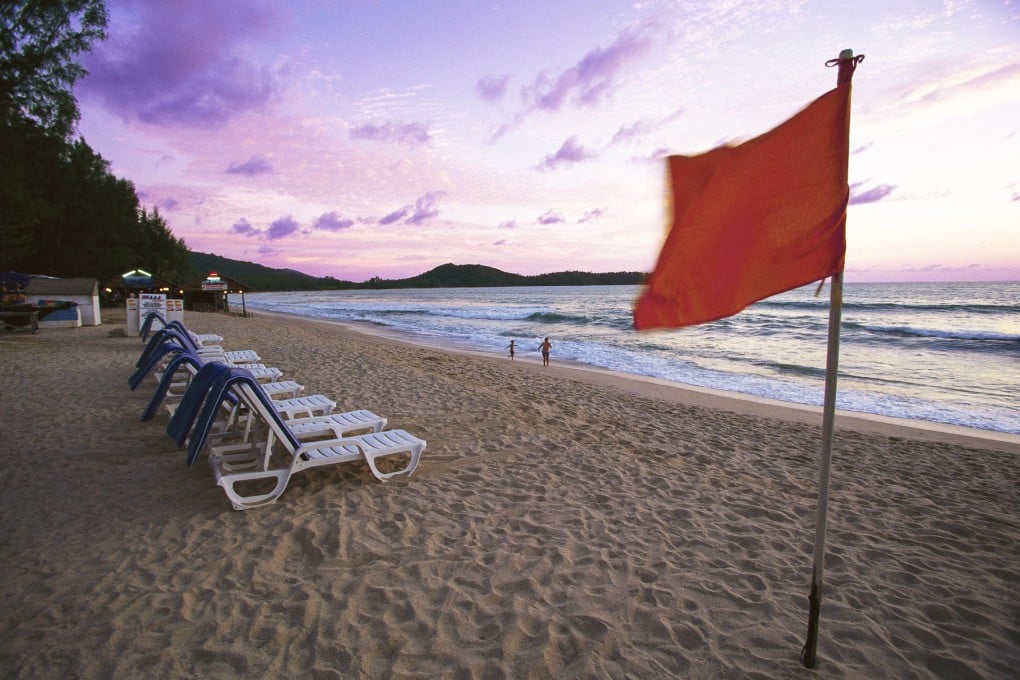
Phuket's is now the most used foreign airport by mainland Chinese, according to TripAdvisor. On any given day, 5,000 to 6,000 of them pass through Phuket International, accounting for more than a quarter of the total number.
But mainlanders also top another Phuket index - of deaths by drowning. A dozen or so died in the aquamarine waters off the island's world famous beaches last year - exact figures are hard to establish, given the varied reports in the local press and the People's Republic remaining tight-lipped on the matter.
What is clearer is that there are roughly five times as many "near-misses" - about 60 mainland tourists had to be rescued from the sea last year by lifeguards and Phuket's assorted emergency services, most of them off those beaches with the most reported drownings: Patong, Karon and Kata.
Why such high numbers? According to a reporter for a Thai newspaper, speaking on condition of anonymity, there are two factors at play.
First, many mainlanders are ignorant of the perils of swimming in the sea. Even if they are proficient swimmers, their experience is limited to the local pool. By contrast, visitors from Australia and other countries with beach cultures are taught about the dangers of the sea - rip tides, strong currents and other hazards - from an early age.
"Chinese visitors from the hinterland tend to treat the Andaman Sea as one big swimming pool, but it's nothing like that," says the reporter.